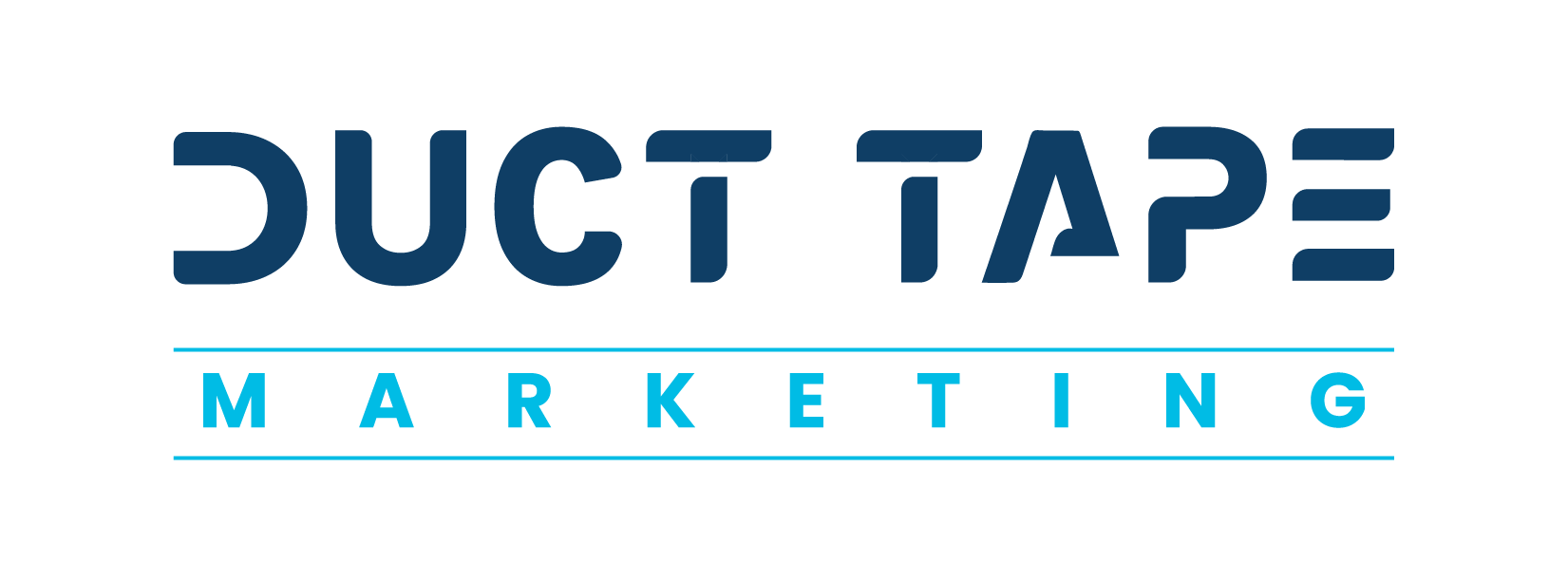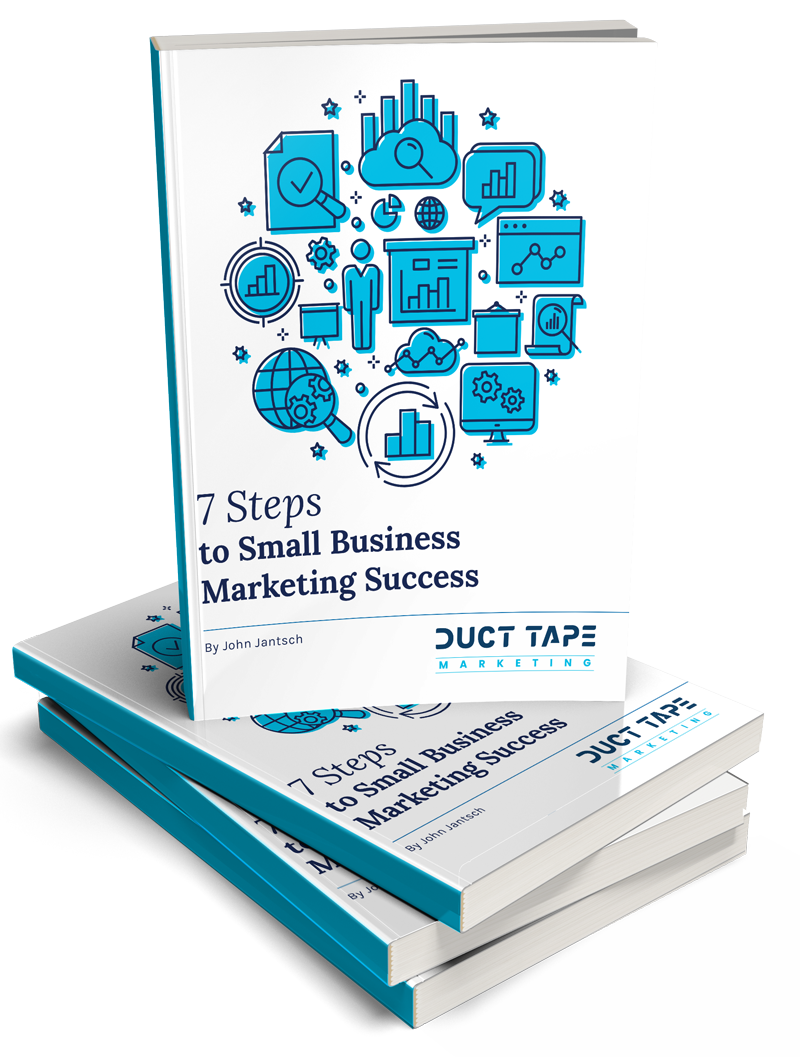If you’re a small business out in the world today, it can feel like your competition is everywhere. The ubiquity of the internet means that anyone, anywhere, can turn to any provider to get the goods or services they need. In an environment like that, what can you possibly do to stand out from the crowd?
In the past, advertising was the cornerstone of any plan to get your company’s name out there and to attract new business. However, with giants like Google now committing to filtering ads, and with customers being turned off by loud pop-up videos and irritating banners blocking a site’s content, focusing exclusively on advertising is becoming a less sustainable marketing model for businesses.
So what’s the alternative? Here we’ll take a look at paid content: what it is and what it can bring to your business.
Why Turn to Paid Content?
Content marketing is essentially a way for you to create deep connections with customers, establish yourself as an industry expert, and thereby drive sales. This content can be anything from blog posts to podcasts to e-newsletters.
Whatever form the content takes, it’s critical that it’s high-quality, informative, and results-driven content that really solves a problem your potential clients have. If you prove through your content that you understand their needs and that you have a means to meet them, you can become their go-to source for whatever good or service you provide.
The challenge, then, becomes getting that content in front of the right people. You know that old adage “If a tree falls in a forest and no one’s around to hear it, does it make a sound?” Same goes for content creation. You can be turning out some really impressive work, but if no one’s seeing the content you’re creating, it’s not doing anything for you.
Leveraging Distribution Platforms
Getting your content out there to a broader audience is exactly why some companies turn to distribution platforms. These platforms allow you to set a budget and timescale, and from there they work to put your content in front of a targeted audience that will find it the most interesting and useful. We’ve discussed this approach in the past, and while there are a lot of platforms for you to choose from, some of the most popular are covered here.
 Distribution platforms will provide you with analytics, so you’re able to see which content is getting the most traction and can tailor your approach as you learn more about your audience. The greatest downside to these types of platforms is that the content still lives on the margins of web pages. Often located below the site’s content, they look like paid content, which may turn some potential readers off.
Distribution platforms will provide you with analytics, so you’re able to see which content is getting the most traction and can tailor your approach as you learn more about your audience. The greatest downside to these types of platforms is that the content still lives on the margins of web pages. Often located below the site’s content, they look like paid content, which may turn some potential readers off.
Sponsored Content on Trusted Publications
If you’re concerned about the look of content on a distribution platform, you may want to consider sponsored content instead.
While perusing your favorite online magazine or newspaper, it’s likely that you’ve come across a story that’s sponsored by a brand. Perhaps it’s a mattress store that’s written an article about the importance of a good night’s sleep. Or an athletic goods company that’s published a piece about how the proper running shoe can help marathoners beat their personal records.
These types of posts are imbedded in a publication and are designed to mirror the look, feel, and tone of other articles, but in reality, they’ve been paid for by marketers. This kind of paid content is beneficial in a few unique ways. First, it allows you to target the readers of whichever publication best aligns with the target audience for your good or service. It also provides an air of legitimacy for your advertising; if the reader trusts the publication, they’re likely to also trust your content that they find on its pages.
Facebook Posts and Google Searches
Similar in concept to the sponsored content approach, you may also consider placing sponsored posts on Facebook or paying for Google search ads. This is another form of native advertising, which again allows your content to blend in with its surroundings.

If someone happens upon a Facebook ad as they’re scrolling through their newsfeed, or sees a search result at the top of their Google results, they’re less likely to be put off in the same way they might be with a more obvious marketing tactic. Since these ads are intended to look like a part of the larger platform, readers don’t feel they’re being “sold” a product or service.
The New Approach to Influencer Marketing
When you think of influencer marketing, it’s possible that your mind jumps immediately to the Kardashians or another celebrity with a massive social media following. But the trend in influencer marketing is changing, and many marketers are now moving away from the celebrity endorsement.
In fact, in a study by Collective Bias, 70 percent of millennials said they’re more likely to buy a product that’s been endorsed by a non-celebrity blogger, rather than a celebrity. This is good news for smaller businesses, who can’t afford the seven-figure endorsement price tag that Kylie Jenner commands.
If you’re a small business, think smaller scale. Target influencers who are important to those in your desired network, and reach out to them. If you have a compelling pitch and are willing to send them a free sample of your product, they just may cover your business on their blog or give you a shout-out on their social media platforms.
There are a lot of small businesses out there, creating content and competing for the attention of potential customers. While this can make the world of content creation feel overwhelming, if you focus on creating quality content that really helps your target audience, and find ways to get this content in front of an ever-broadening audience, you can make the content creation approach work in your favor to drive revenues and expand your business.
If you liked this post, check out the Small Business Guide to Advertising.



